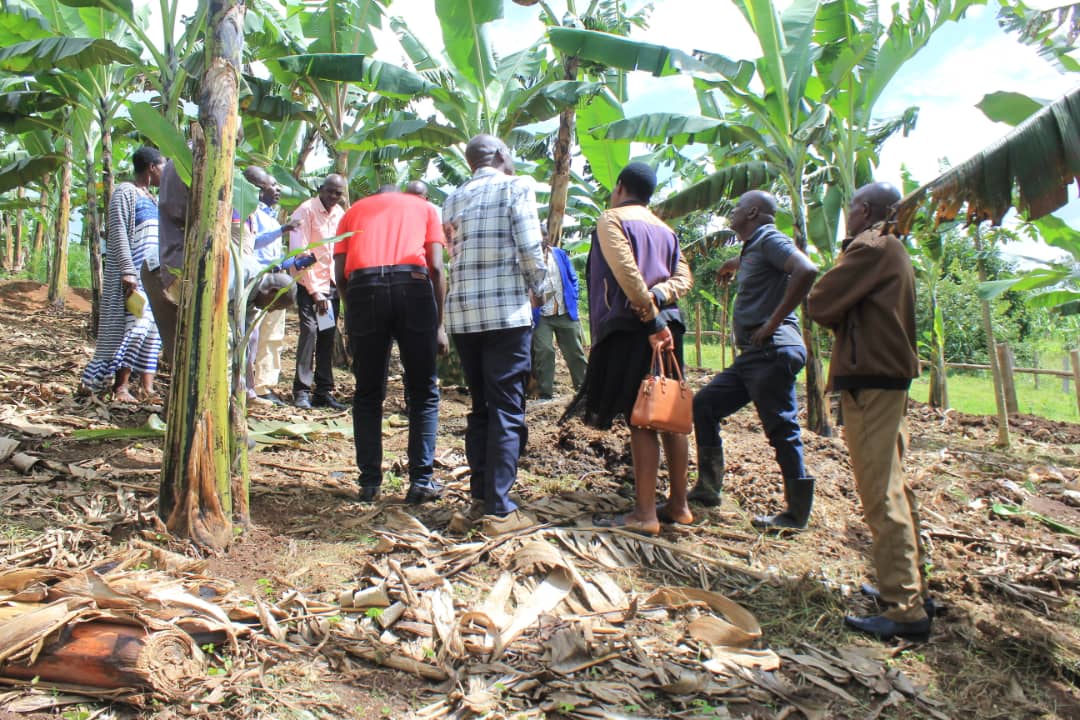
Health Promotion and Rights Watch-Uganda (HPRW) has recently spearheaded a series of training sessions designed to introduce local farmers to the principles of smart agriculture. These sessions, aimed at boosting household income and tackling agricultural challenges, provided valuable insights into maximizing crop yields and cultivating organic produce.
Maximizing Crop Yields with Limited Space
In the training sessions, farmers were equipped with practical techniques to optimize their use of available space. Given the constraints many local farmers face, the focus was on innovative methods that enhance productivity without requiring additional land. Techniques such as vertical gardening, crop rotation, and intercropping were highlighted as effective strategies to increase output and sustainability.
Participants learned how to implement these techniques to make the most of their available resources. The training emphasized the importance of strategic planning and resource management in achieving higher yields, even in limited spaces.


The Benefits of Organic Produce
Another critical aspect of the training was the emphasis on organic farming practices. HPRW highlighted the health benefits of organic produce for both consumers and the environment. By avoiding synthetic pesticides and fertilizers, farmers can improve soil health, reduce environmental impact, and produce safer, more nutritious food.
The sessions provided hands-on demonstrations on organic farming techniques, including composting and natural pest control. Participants were encouraged to adopt these practices to not only enhance the quality of their crops but also to contribute to the overall well-being of their communities.
Empowering Local Farmers
The training sessions aimed to empower local farmers by providing them with the knowledge and tools necessary to improve their agricultural practices. By focusing on smart agriculture, HPRW is helping farmers to overcome common challenges such as soil degradation, pest management, and inefficient land use. The goal is to enable farmers to achieve greater financial stability and self-sufficiency through improved agricultural methods.
Community Health and Economic Impact
The impact of these training sessions extends beyond individual farmers. By promoting smart agriculture and organic practices, HPRW is contributing to the broader goal of enhancing community health and economic stability. Healthier crops and improved farming practices lead to better nutrition for local families and can create new economic opportunities within the community.
Looking Ahead
As the program continues, HPRW plans to expand its training efforts and support more farmers in adopting smart agriculture practices. By fostering a culture of innovation and sustainability, the organization aims to drive long-term improvements in agricultural productivity and community health.
In conclusion, Health Promotion and Rights Watch-Uganda’s recent training sessions on smart agriculture represent a significant step toward empowering local farmers and enhancing community well-being. By focusing on efficient land use and organic farming, the program is helping to build a more resilient and prosperous agricultural sector in Uganda.
